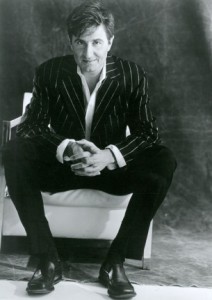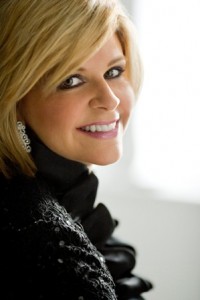(LENOX, Mass.) – Young Spanish conductor Pablo Heras-Casado makes his BSO and Tanglewood debuts Friday, July 22, as he and the orchestra are joined by renowned mezzo-soprano Susan Graham for an all-Baroque program including vocal excerpts from Gluck’s Iphigénie en Tauride and arias from Handel’s Alcina and Ariodonte. Handel’s vocal music forms the heart of the Baroque opera repertoire, and Gluck, writing a generation later, was intent on making opera more natural, more diverse, and more dramatically interesting, as he pioneered reforms to the genre that influenced composers around the world and ushered in a new era of music for the theater. The orchestral works by J. S. Bach and the French composer Jean-Phillippe Rameau, represented on this program by Rameau’s Suite from Pygmalion and Bach’s Orchestral Suite No. 4, display the era’s instrumental music in its highest form.
On Saturday, July 23, Dutch conductor Jaap van Zweden, currently music director of the Dallas Symphony Orchestra, also makes his BSO and Tanglewood debuts this weekend, conducting Brahms’s soaring, ever-popular Violin Concerto; Beethoven’s masterful, dance-infused Symphony No. 7; and Pulitzer Prize-winning American composer Steven Stucky’s Rhapsodies, a series of 12 short and diverse episodes for orchestra. Each of the work’s brief sections is begun by the sound of a single instrument playing alone, and that instrument’s timbre is then imitated and interpreted by the rest of the orchestra.
Hot on the heels of his two recitals featuring Ravel’s complete music for solo piano on July 20 and 21, pianist Jean-Yves Thibaudet again takes center stage on Sunday, July 24, this time with the BSO and guest conductor Emmanuel Krivine, for another program exclusively featuring music by the French master. Thibaudet is the soloist for both of Ravel’s piano concertos, the jazz-inflected Piano Concerto in G and the Piano Concerto in D for the left hand, which was commissioned by the famous concert pianist Paul Wittgenstein after he lost his right arm in World War I. Also on the program are Valses nobles et sentimentales — which Ravel adapted for orchestra from the original piano version — and the immortal Boléro.


